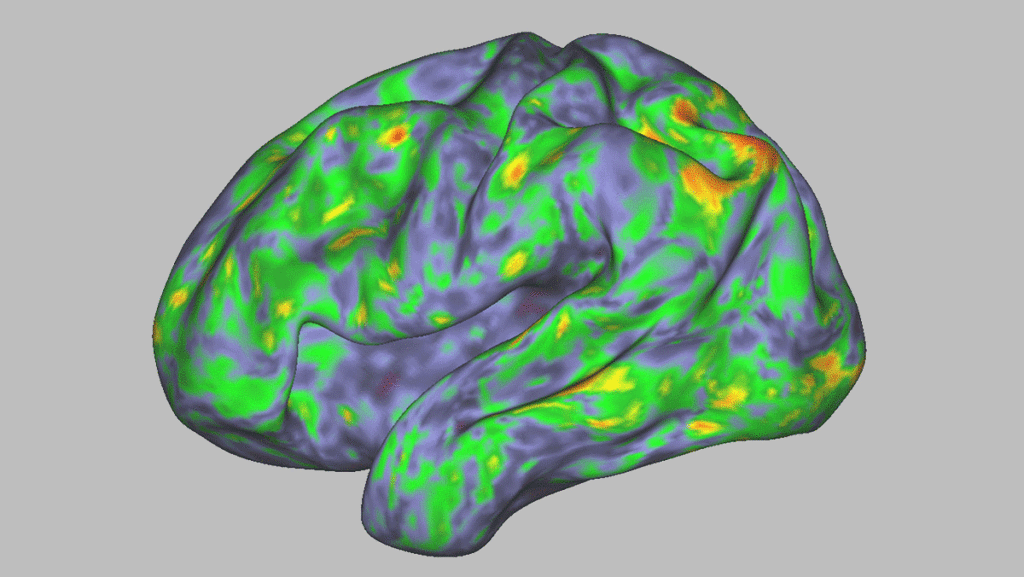Aging, often perceived as a linear progression, might not be as smooth as we think. New research suggests that our bodies undergo two significant transformations, hitting us around ages 44 and 60. These aren’t just minor changes, but substantial shifts in our internal systems.
A Stanford University School of Medicine study followed 108 participants aged 25 to 75 for several years, tracking over 135,000 molecules and microbes in blood, stool, skin, mouths, and noses. These markers included the microbiome, proteins, fats, and various other molecules.
The results, published in Nature Aging, revealed two distinct periods of rapid change: mid-40s and early 60s. “We’re not just changing gradually over time; there are some really dramatic changes,” said Michael Snyder, a Stanford genetics professor involved in the study. “The mid-40s is a time of dramatic change, as is the early 60s. And that’s true no matter what class of molecules you look at.”
Beyond Menopause: A Shared Experience
While women might anticipate changes in their 40s, these transformations weren’t solely linked to menopause. Men exhibited similar shifts, indicating a broader biological process. The underlying reasons remain unclear, but Xiaotao Shen, a former Stanford postdoctoral scholar and study contributor, emphasized the need for further investigation.
Gradual Changes are the Exception
Surprisingly, only a small percentage (6.6%) of the analyzed molecules and microbes changed gradually with age. The majority underwent abrupt shifts, impacting health in significant ways.
Age-Specific Transformations
Individuals in their 40s experienced changes in molecules related to caffeine and alcohol metabolism. Those in their 60s saw shifts in molecules associated with carbohydrate digestion, kidney function, and immune system activity. Both groups showed significant changes in cardiovascular disease risk markers.
Lifestyle’s Role and Proactive Health
While further research is necessary to pinpoint the exact causes of these age-related changes, lifestyle could play a significant role. Snyder advocates for proactive health management, encouraging individuals to prioritize well-being before reaching these milestones and preparing for the changes ahead.
The Takeaway: Listen to Your Body’s Signals
Though age may seem like just a number, the intricate workings of our bodies tell a different story. From gut microbes to blood molecules, these internal systems respond to the passage of time. Embracing healthy habits, including regular exercise, a balanced diet, and stress management techniques, can help navigate these transitions and maintain well-being as we age.











